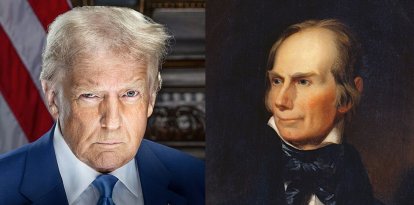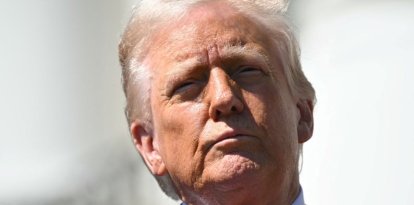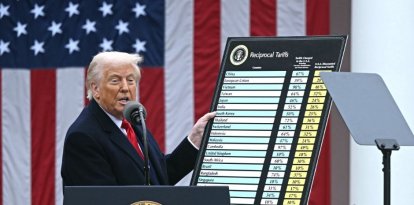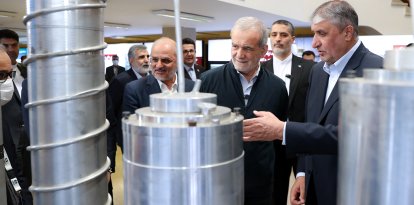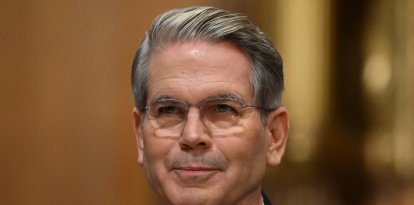Rubio said from Brussels that the US will remain in NATO, but calls for countries to spend 5% of GDP on defense
The Secretary of State condemned the "hysteria" and "hyperbole" about the US distancing itself from the rest of NATO, and said that Donald Trump's administration wants the alliance to become "stronger and more viable."
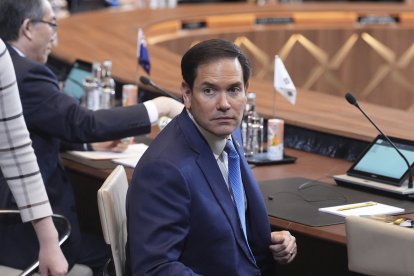
Marco Rubio at a NATO meeting.
US Secretary of State Marco Rubio confirmed Thursday in Brussels that the United States will remain part of NATO, but called for alliance countries to spend 5% of their GDP on defense.
Rubio participated in a meeting of NATO foreign relations ministers, and was determined to dispel growing doubts among the countries of the military alliance about Washington's commitment and permanence.
Rubio also condemned the "hysteria" and "hyperbole" about the US distancing itself from the rest of NATO, and said that Donald Trump's administration wants the alliance to become "stronger and more viable."
According to the head of US diplomacy, Trump "made it clear that he supports NATO. We are going to stay in NATO. But we want NATO to be stronger, to be more viable."
Trump is not opposed to NATO, but to "a NATO that doesn't have the capabilities it needs to meet the obligations that the Treaty [establishing the military alliance] imposes on each and every member state," he said.
New "cap" on NATO defense spending
That is why Rubio said that the US wanted to see at the meeting that starts this Friday at NATO headquarters a "realistic way" for all member countries to commit to spending 5% of their GDP on defense. The politician acknowledged that this action could take years to implement.
Rubio's statements seek to reassure diplomats from NATO countries, which have already announced their intention to expand their military spending, as demanded by the White House.
For several years now, NATO has proposed as a goal that member countries invest 2% of their GDP in defense, but after the Russian invasion of Ukraine, the goal changed.
However, Trump went on to demand that countries increase military spending to 5% of each national GDP, a politically unattainable goal for most countries in the alliance.
Other issues under debate in NATO
The issue of increased military spending is a central point in NATO countries' relationship with the United States, but not the only one.
In February, US Secretary of Defense Pete Hegseth told European countries that from now on they must assume responsibility for the security of the continent. A critical point in this relationship is the US approach to Russia to discuss the situation in Ukraine, in a dialogue that excludes Europeans, including NATO allies.
European countries want the US to adopt a more rigid stance towards Russia.
Rubio's visit and the start of the NATO meeting comes just a day after Trump shocked the world by announcing universal tariffs on imports, including from traditional trading partners.
RECOMMENDATION
